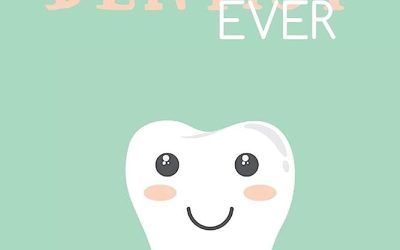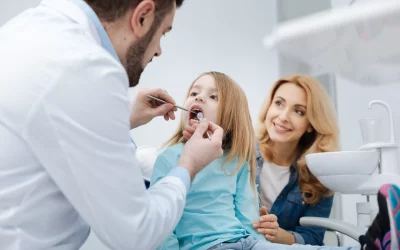Nail Biting | Fairhope Dentist Nail Biting: The Affect It Has On Your Teeth Biting your nails can be a hard habit to break. If you don’t break this habit, your dental health may suffer much more...
Teen Oral Health Tips
Teen Oral Health Tips Teen Dental Health: Essential Tips and IssuesIn the pursuit of a lifetime of healthy teeth and a winning smile, good oral habits are non-negotiable, especially for teenagers....
Treating Cavities
Treating Cavities Do Cavities Hurt? When you visit the dentist, sometimes you will get the news that a cavity is present. Your dentist will give you the best options to have it filled, and with...
Benefits of Fluoride
Benefits of Fluoride Fluoride is something everyone needs from the time they are just a baby. Visit us today to get your fluoride treatment and daily dose of love! If you are looking for a family...
Importance of Fluoride
Fluoride The Importance of Fluoride Fluoride is something everyone needs from the time they are just a baby. You may even save money on dental treatment costs by just turning on your tap and...
Best Family Dentist Fairhope AL
Best Family Dentist in Fairhope What Do Cavities Feel Like? Dealing with a cavity is pretty standard, the only condition more common than a cavity is the cold. If you have never had to deal with...
Fairhope, AL Pediatric Dentist
Pediatric Dentist in Fairhope If you are looking for a family dentist in Fairhope, AL Sweet Water Dentistry is the place to come to! Come feel welcome at Sweet Water Dentistry "Down By The Bay."...
Dentist Near Mobile AL
Dentist in Alabama Dr. Phillip Greer is a native of Mobile, Alabama. He received his Bachelor of Science in Marine Biology from Auburn University and his Doctor of Dental Surgery from Meharry...
Fairhope Dental Practice
Fairhope's Best Dentist If you are looking for the best Fairhope dentist then we want to welcome you to Sweet Water Dentistry "Down By The Bay." Our beautiful practice is nestled on Sweet Water...
Best Dentist in Fairhope
Best Dentist in Fairhope If you are looking for a family dentistry we are the best dentist in Fairhope! Come see us down by the bay at Sweetwater Dentistry! Our staff of experts will provide the...









